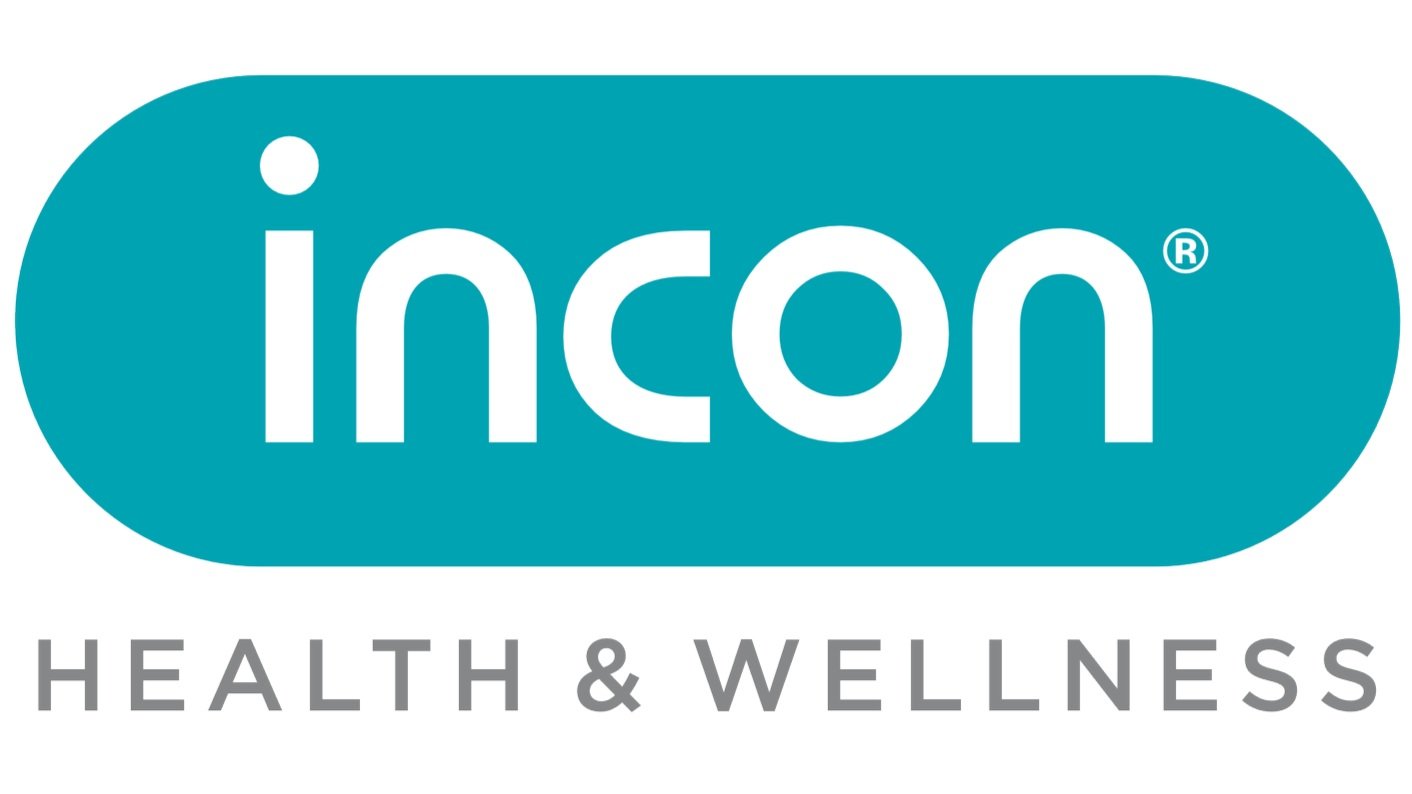Importance of HRAs
Health Risk Assessments (HRAs) are essential tools for identifying and mitigating potential health hazards in the workplace. They play a crucial role in maintaining employee well-being and safety, ultimately contributing to a business’s overall success.
Key Benefits of Health Risk Assessments
Early identification of hazards: HRAs help identify potential health risks, allowing organisations to address them proactively before they escalate into more significant issues.
Reduced workplace accidents and injuries: By identifying and mitigating potential hazards, HRAs contribute to a safer working environment, decreasing the likelihood of accidents and injuries.
Improved employee health and well-being: A thorough HRA promotes overall employee health, reducing absenteeism and enhancing job satisfaction.
Compliance with legal requirements: Conducting HRAs helps organisations comply with occupational health and safety regulations, minimising legal liabilities and associated costs.
Increased productivity and efficiency: A healthy and safe workforce is more engaged and productive, ultimately benefiting the organisation's bottom line.
Enhanced company reputation: Prioritising employee health and safety through HRAs demonstrates a company's commitment to social responsibility, helping to attract and retain top talent and fostering positive stakeholder relationships.
Health Risk Assessments play a vital role in maintaining a safe and healthy work environment. By identifying potential hazards and implementing preventive measures, businesses can protect their employees' well-being and contribute to the success and sustainability of their operations.

